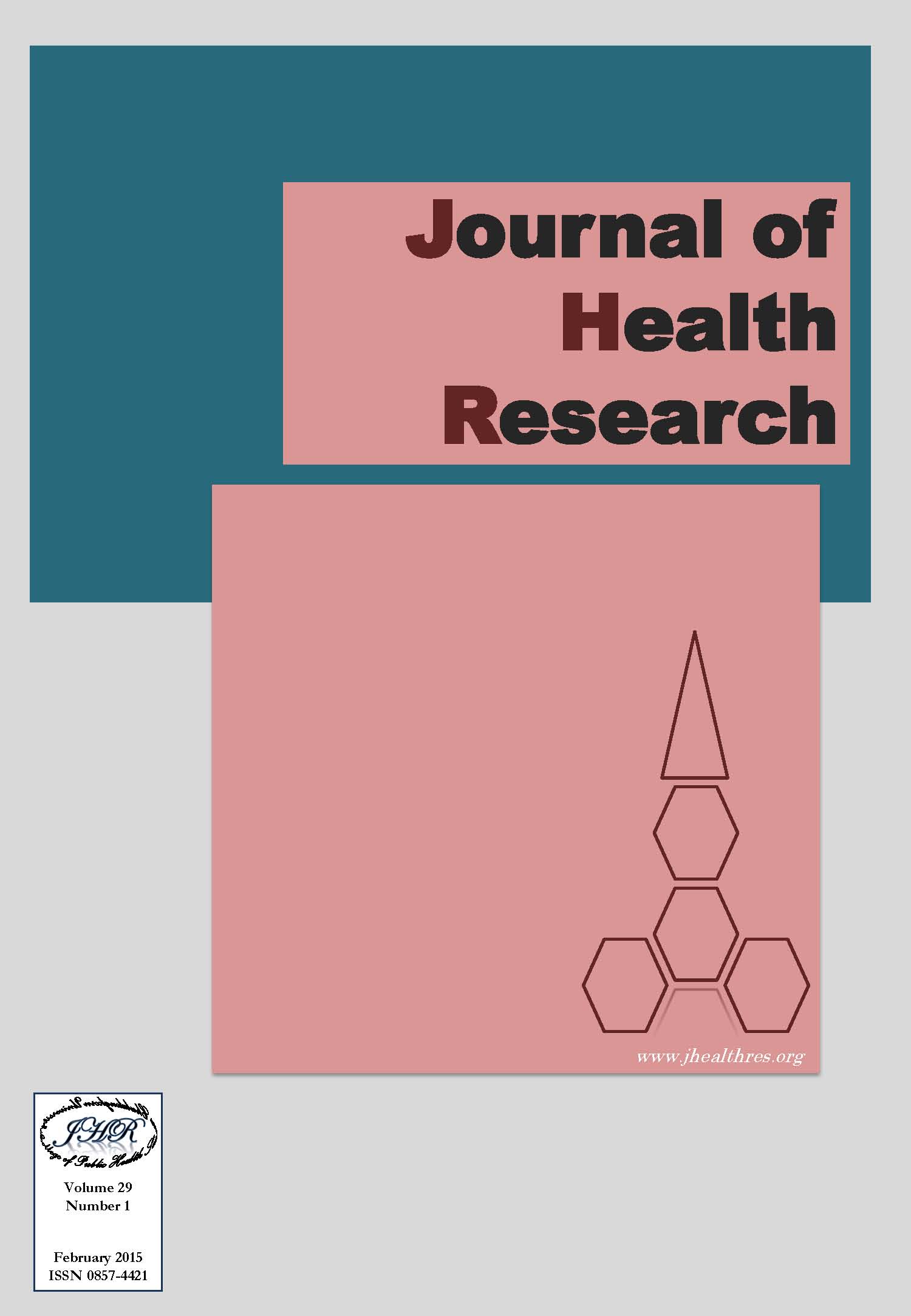Effect of Payment Mechanisms on Diabetes Management by Private Primary Care Clinics in Kuala Lumpur, Malaysia: a Qualitative Study on Provider Behavior
Keywords:
Payment mechanism, Private primary care, Diabetes, Health insurance, MalaysiaAbstract
The growth of Malaysia’s economy in the past 2 decades has spurred the development of a comprehensive private healthcare sector in parallel to the public healthcare system, including hospitals and private primary care clinics, fuelled also by the development of numerous health financing methods such as managed-care-organizations, private insurance and provider-payment-schemes. Over the past decade, Malaysians increasingly prefer to frequent private primary care clinics, including for treatment and follow-up for chronic diseases such as diabetes mellitus. Previous studies have shown that payment mechanisms have an effect on treatment of chronic diseases, yet such studies, especially those exploring provider behavior, are limited in Malaysia. In this study the behavior of private primary care providers in the capital city of Kuala Lumpur were explored to determine the effect of payment mechanisms on the management of their diabetic patients. In-depth interviews were carried out with 30 selected medical officers/family physicians who were owners/doctors-in-charge of their own private primary care clinics. All recorded conversations were transcribed and analysed using the principles of qualitative research. More than 80% of the doctors reported making changes to their management upon establishing the patient’s payment mechanism, which did not necessarily depend on clinical status of the patient or on established clinical practice guidelines. Views on various management regimens tailored to correspond to the specific payment mechanism was explored. Around 65% were dissatisfied with current managed-care-organizations/private health insurance due to the lack of comprehensive reimbursement for comprehensive management of the patient’s diabetes. Almost all of the doctors agree that out-of-pocket (OOP) payment mechanisms were the worst in terms of patient management as the patients were non-compliant to medication and had poorer disease control although they still made up almost 40% of most of the clinic’s total patients. In conclusion, private primary care doctors in Kuala Lumpur incorporate their diabetic patients’ payment mechanisms into their clinical decision making and acknowledge they frequently alter their clinical management accordingly due to this. Serious considerations need to be made to find alternative payment mechanisms for diabetic patients who are currently paying OOP as this is not a feasible mechanism for good control and outcome of the disease.







